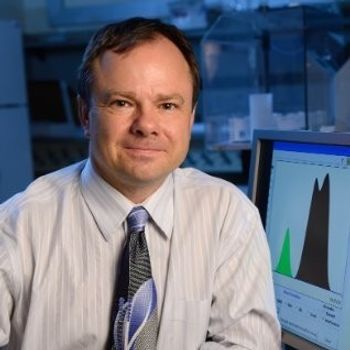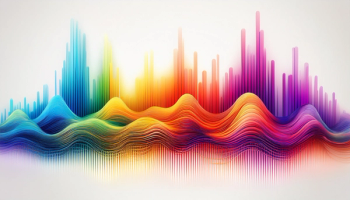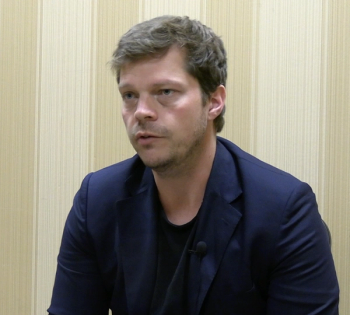
R. Graham Cooks Wins Dreyfus Prize in the Chemical Sciences
R. Graham Cooks, the Henry Bohn Hass Distinguished Professor of Chemistry at Purdue University (West Lafayette, Indiana), is the recipient of the 2013 Dreyfus Prize in the Chemical Sciences, conferred this year in chemical instrumentation.
R. Graham Cooks, the Henry Bohn Hass Distinguished Professor of Chemistry at Purdue University (West Lafayette, Indiana), is the recipient of the 2013 Dreyfus Prize in the Chemical Sciences, conferred this year in chemical instrumentation. The international prize, awarded biennially, consists of $250,000, a citation, and a medal. The award ceremony will be held at Purdue University in the fall and will feature a lecture by Cooks.
Cooks has advanced the analytical capability of mass spectrometry with the introduction of tandem mass spectrometry in which selected ions generated from complex mixtures are further fragmented and the masses of the fragment ions determined. He has also made groundbreaking advances in ambient desorption/ionization in which ions from a sample at room temperature in air are introduced into the mass spectrometer for analysis.
Cooks and his colleagues have recently created miniature mass spectrometers, enabling the remote deployment of these analytical instruments including under battery power.
Cooks received BSc and PhD degrees from the University of Natal, South Africa, and a second PhD from Cambridge University (UK). Among the awards Cooks has won are the American Chemical Society awards in Chemical Instrumentation, Mass Spectrometry, Analytical Chemistry, and the F.A. Cotton Award. He has been recognized internationally with both the Robert Boyle Medal and the Centennial Prize of the Royal Society of Chemistry.
The Dreyfus Prize is awarded by the Camille and Henry Dreyfus Foundation, based in New York. The foundation is a non-profit organization devoted to the advancement of the chemical sciences. It was established in 1946 by chemist, inventor, and businessman Camille Dreyfus, who directed the foundation’s purpose “to advance the science of chemistry, chemical engineering, and related sciences as a means of improving human relations and circumstances.”
Newsletter
Get essential updates on the latest spectroscopy technologies, regulatory standards, and best practices—subscribe today to Spectroscopy.




